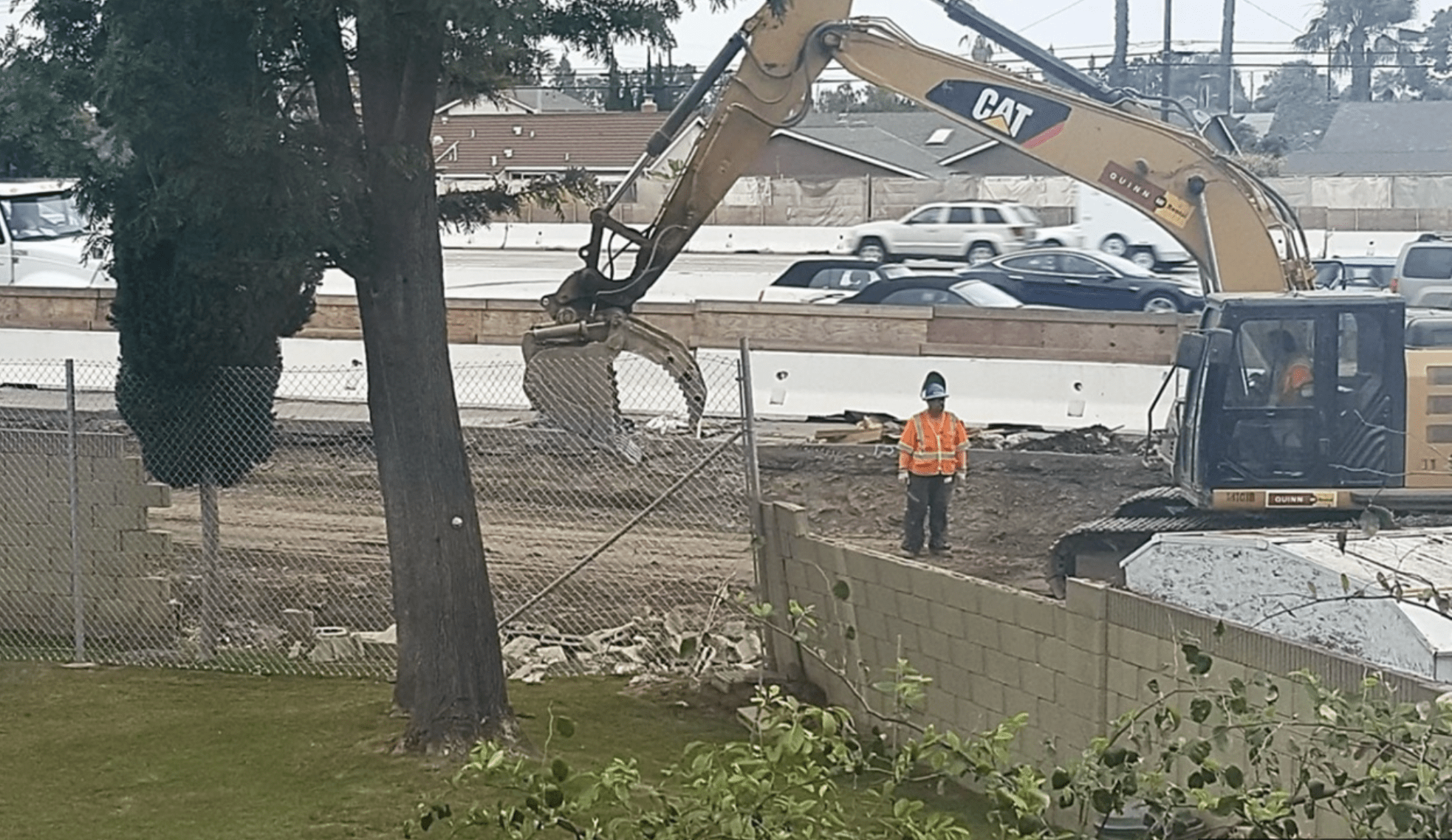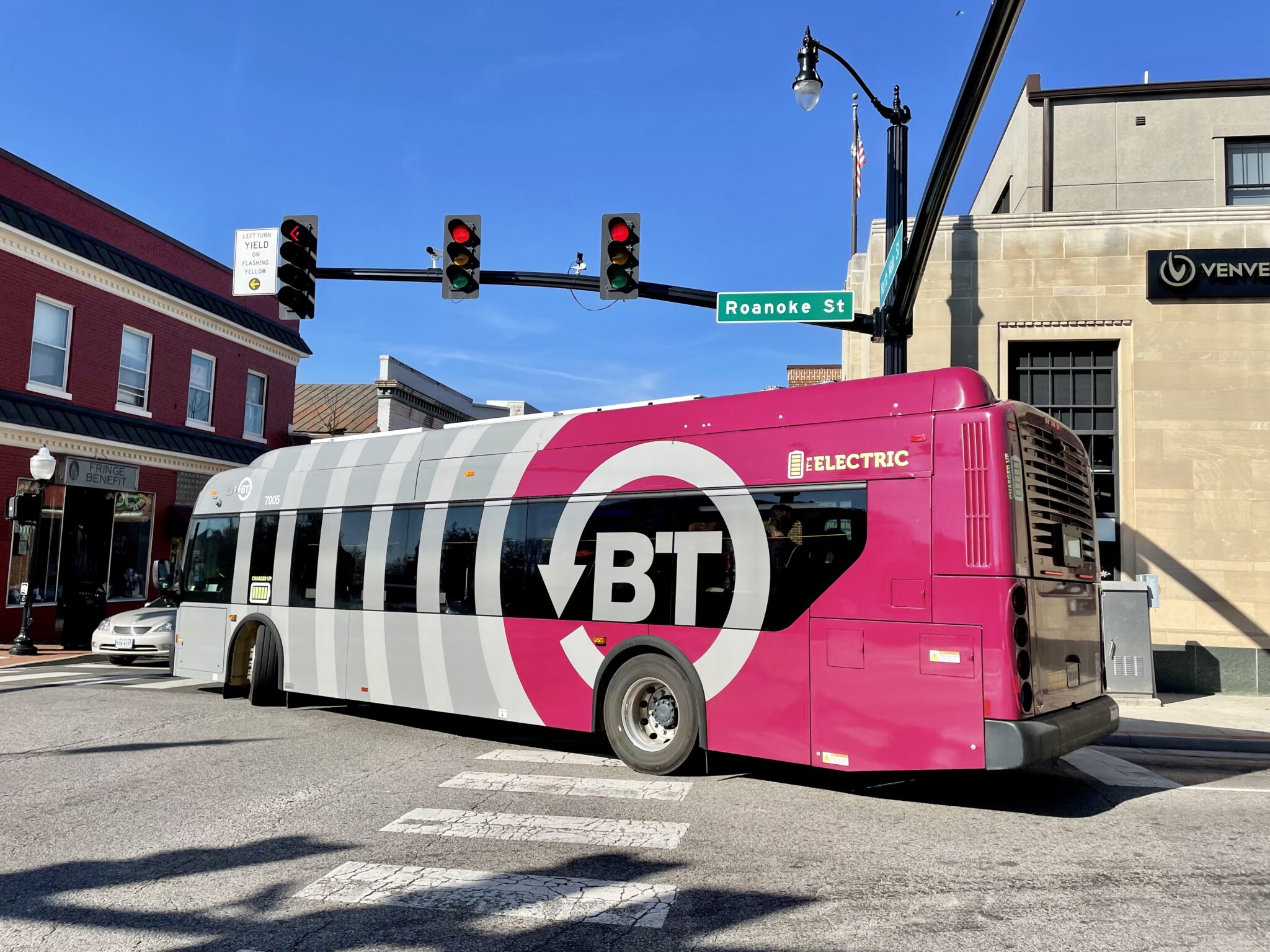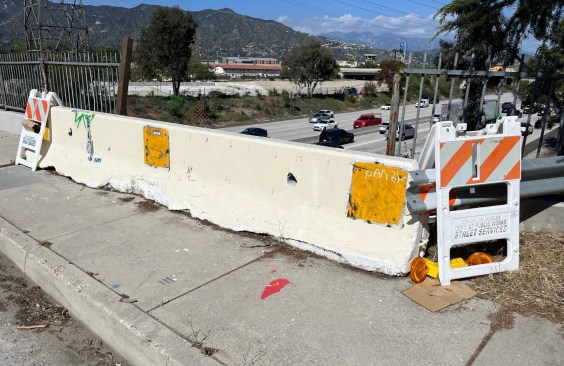
Waiting for the bus in Syracuse, NY.
Transit agencies all over the country are nearing a state of emergency. At the same time that rising gas prices are leading more Americans to opt for buses and trains, transit operators are being forced to cut service and raise fares due to budget shortfalls.
In Minneapolis, the
local transit agency is pondering not one but two fare hikes. Seattle's Metro is considering bumping up fares for the second time this year to stave off service cuts. Gainesville, Florida is confronting a double whammy of higher fares and reduced bus service. In western Massachusetts, one county transit authority faces what its manager calls a "make or break" moment, as many locals try riding the bus for the first time and evaluate their options.
As the Wall Street Journal reported last month (preview only), much of this is due to the impact of higher fuel costs on transit budgets. The upshot? The capacity of many transit systems, particularly in smaller cities, is shrinking just when more service is needed most. People looking to save money and travel more energy-efficiently are being penalized in the process.
"This is an emergency," says Larry Hanley, an International Vice President at Amalgamated Transit Union who negotiates transit worker contracts in towns and cities throughout the Northeast. "Particularly in smaller cities where the transit systems don't have any cushion or margin for increased operating costs."
Nationwide, 48 percent of bus operators and 69 percent of rail
operators have already raised fares due to increased fuel and
electricity costs, according to a survey
released in May by the American Public Transit Association. In terms of
service cuts, the figures are 21 percent and 19 percent, respectively.
Working with Minnesota Congressman Jim Oberstar and environmental organizations, the ATU was instrumental in pushing the "Saving Energy Through Public Transportation Act of 2008" through the U.S. House of Representatives earlier this year (download the bill). The legislation provides emergency federal aid for transit systems and promotes the use of alternative fuels. No Senate version of the bill has emerged, but Hanley, a former Staten Island bus driver, remains optimistic. "This legislation moved quickly through the House because members of Congress recognize that this is a crisis."
Hanley believes the benefits of federal support for mass transit are wide-ranging and more effective than alternatives currently being discussed. "Congress can cut a 'fiscal stimulus' check so Americans can go to Wal-Mart and buy products made in China or we can 'Drill, Drill, Drill,' for six months-worth of oil," Hanley said. But, if the federal government really wants "to stimulate local economies, help the
environment and strengthen national defense by reducing oil dependence, it's hard to find a better
public investment than mass transit." If the Senate fails to act on the Oberstar bill, a second opportunity to provide funds may come in the fall, if Congress decides to pursue another economic stimulus package.
Meanwhile, stories of transit systems in distress can be found all over the nation, from Utah to Wisconsin to South Carolina. Either each agency will scrimp and make do as best they can, making life more difficult for countless riders and keeping yet more Americans from switching to bus and rail, or Congress and the President will take a real step toward addressing the gas price crunch by shoring up the nation's transit systems. What's it gonna be?
Photo: danifink/Flickr





